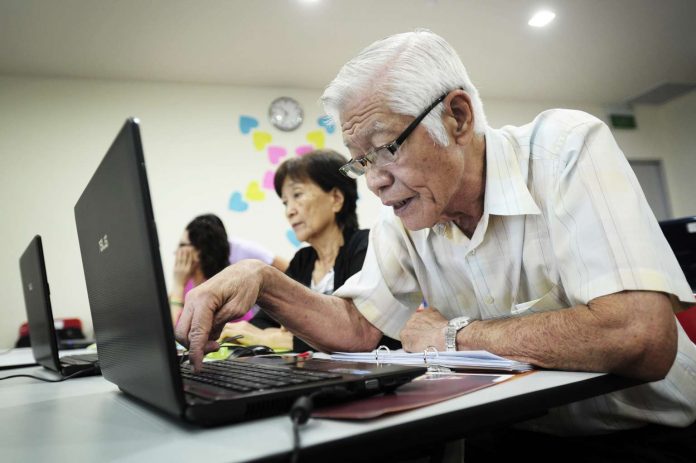As the current leadership of Singapore prepares to hand over power to the next generation of leaders in the coming years, new legislation are being implemented to raise the retirement age for Singaporean workers to combat the potential difficulty that might arise from the continued economic downturn.
Prime Minister Lee Hsien Loong said that the government will be gradually raising the retirement age to 65 from 62 over the course of several years in his annual National Day Rally speech. The re-employment age, where employers must offer work in the same organisation, will rise to 70 from 67.
The city-state also plans to increase the pension contribution rates for workers to help compensate for the increase in retirement age. By 2030, Singaporean workers aged 60 or below can expect to receive the full rate. This support is another part of Lee’s government contribution to improving support of older citizens within the nation. This includes S$6.1 billion which was set aside last year to help fund subsidised healthcare for those in their 60s.
The decision to raise the retirement age came as fears of global recession and the ever intensifying rivalry between the two powerhouse economies of the world threaten to severely punish the trade-dependent city-state in the near future. Economists and analysts have recently slashed economic growth predictions down to 0-1 per cent, a very bleak estimate.
Furthermore, Singaporeans are also now considered among some of the most long-lived people in the world, averaging 85 years of age. This along with the slow decline of birth rates are leading the nation to rely on the older, experienced ageing population to supplement the economy.
The government has made it known that they will assist businesses in adjusting to the higher costs associated with the pension changes, as employers are required to match their staff’s retirement fund contributions.
Minister of Manpower Josephine Teo said in March a higher retirement age will encourage workers and employers to invest in upgrading skills and adapting jobs for older workers. Increasing the retirement age also presents the opportunity for companies to add more flexibility when resetting work terms.
In addition, Singapore will also raise its so-called re-employment age from 67 to 70 by 2030. Under Singapore’s reemployment law, companies are required to offer eligible employees the option of continuing to work until they are 67.
With the deteriorating US-China relations, Singapore remains at a constant risk. Lee mentioned that at this current moment, there is no need for stimulus measures to be implemented. However, he noted that the government would take the appropriate measures to intervene should the situation demand it.






















